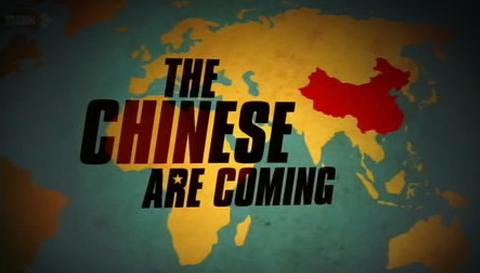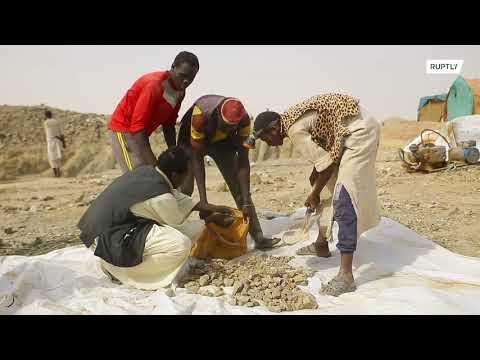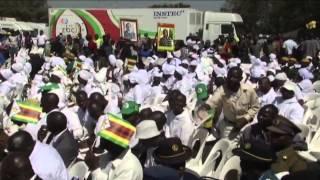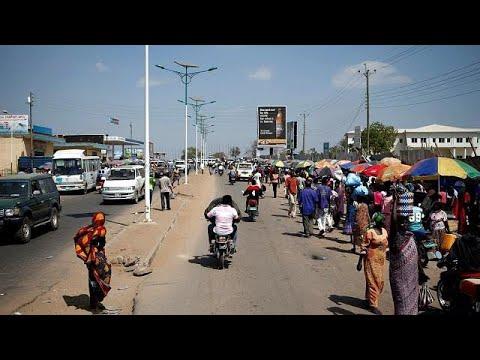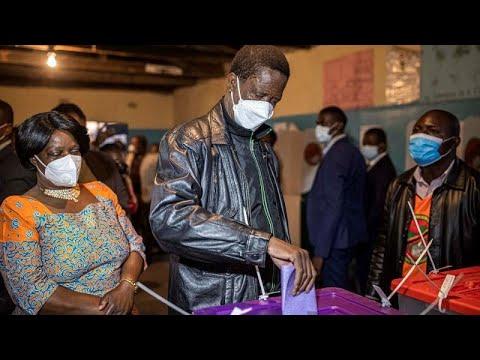Civilians are bearing the brunt of continued fighting between Sudan’s army and paramilitary forces, as a lasting ceasefire remains elusive.
While the warring sides on May 11 agreed a declaration of principles to alleviate humanitarian suffering, residents in Khartoum are still enduring artillery fire, air raids, and the occupation of houses and civilian infrastructure by fighters. Civilians in West Darfur state are also facing attacks, while women have reported being raped by armed men.
At least 676 people have died since fighting broke out in the capital on April 15, after months of tension between army general and Sudan’s de facto leader Abdel Fattah Al-Burhan and RSF leader General Mohamed Hamdan Dagalo, also known as Hemeti. The leaders were at odds over precisely how to incorporate the RSF into Sudan’s military, as part of a wider effort to move the country back to civilian-led government in the wake of a military coup in October 2021.
The UN refugee agency says more than 700,000 people in Sudan have fled to other parts of the country to escape the fighting. An estimated 200,000 people have crossed into countries such as South Sudan, Chad, and Ethiopia in search of relative safety.
As protracted fighting in Sudan threatens to destabilise countries across the region, a directive by al-Burhan to freeze the bank accounts of the RSF is only widening the gulf between the two sides. Analysts say both the army and the RSF may not have full control of their fighters, raising the risk of an increasingly factionalised and protracted conflict.
In this episode of The Stream, we'll look at how people in Sudan are faring after more than a month of violence.
Join the conversation:
TWITTER: https://twitter.com/AJStream
FACEBOOK: http://www.facebook.com/AJStream #ajstream
#sudan
While the warring sides on May 11 agreed a declaration of principles to alleviate humanitarian suffering, residents in Khartoum are still enduring artillery fire, air raids, and the occupation of houses and civilian infrastructure by fighters. Civilians in West Darfur state are also facing attacks, while women have reported being raped by armed men.
At least 676 people have died since fighting broke out in the capital on April 15, after months of tension between army general and Sudan’s de facto leader Abdel Fattah Al-Burhan and RSF leader General Mohamed Hamdan Dagalo, also known as Hemeti. The leaders were at odds over precisely how to incorporate the RSF into Sudan’s military, as part of a wider effort to move the country back to civilian-led government in the wake of a military coup in October 2021.
The UN refugee agency says more than 700,000 people in Sudan have fled to other parts of the country to escape the fighting. An estimated 200,000 people have crossed into countries such as South Sudan, Chad, and Ethiopia in search of relative safety.
As protracted fighting in Sudan threatens to destabilise countries across the region, a directive by al-Burhan to freeze the bank accounts of the RSF is only widening the gulf between the two sides. Analysts say both the army and the RSF may not have full control of their fighters, raising the risk of an increasingly factionalised and protracted conflict.
In this episode of The Stream, we'll look at how people in Sudan are faring after more than a month of violence.
Join the conversation:
TWITTER: https://twitter.com/AJStream
FACEBOOK: http://www.facebook.com/AJStream #ajstream
#sudan
Be the first to comment




